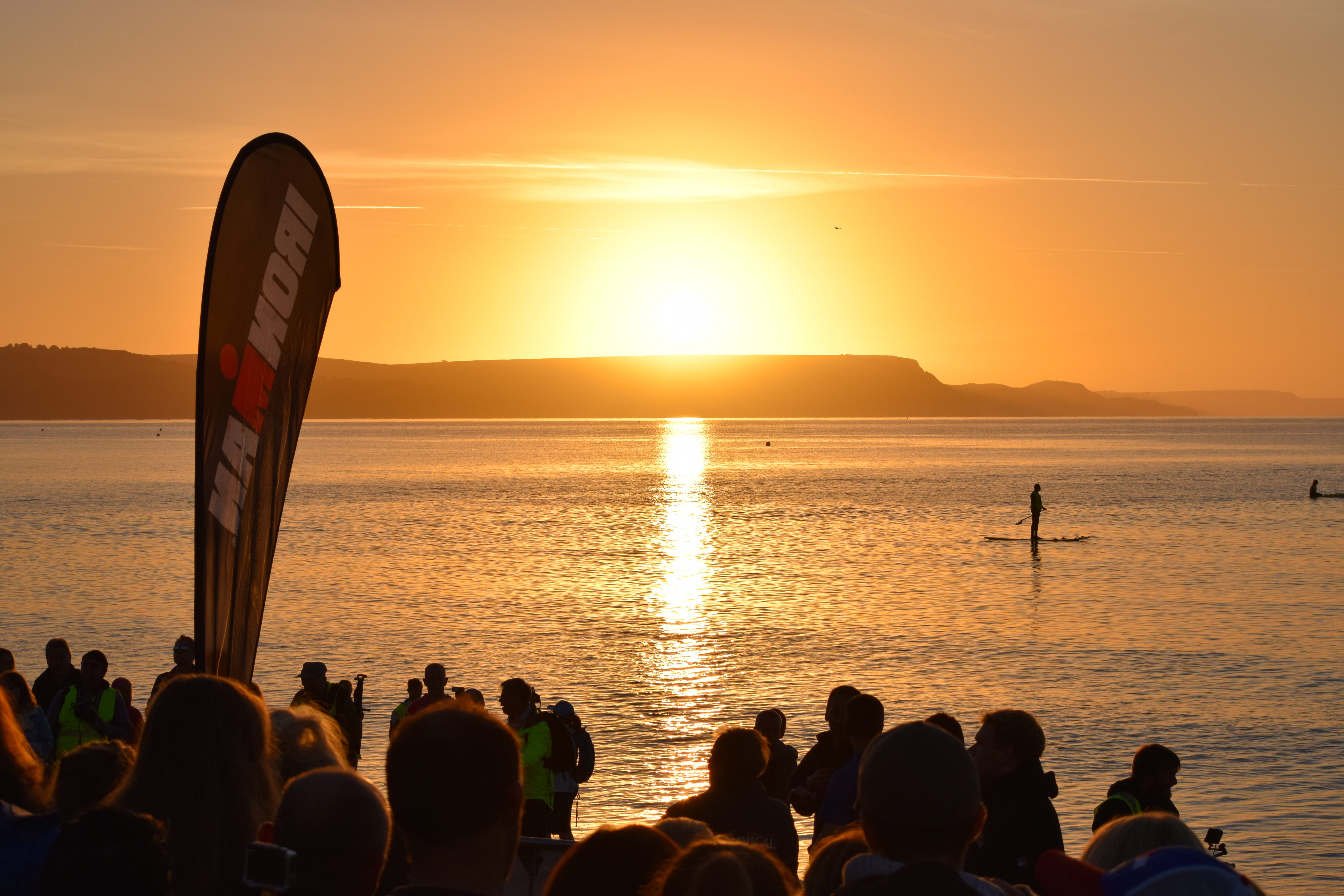Ask the coach: Motivation after race season ends

In his weekly column, Coach Paul Duncan answers readers’ questions on training, racing, nutrition and triathlon in general.
Dear Coach: I’m done racing for the season. How should I keep myself motivated in the off-season?
Answer: This answer depends on the athlete, of course, but in most cases, especially for athletes racing long distances, the answer is DON’T try to stay motivated. The off-season is not the time to be “motivated”. The off-season is time for much needed recovery.
Athletes spend so much energy and dedication throughout the season that the off-season is time for a real break from training. If you are feeling unmotivated, the likely answer is that you NEED the time off mentally and physically to get ready for the next big training block.
What does “real break” mean? For the triathlete, it means actually taking time OFF from the swim, bike and run! Most athletes underestimate the power of taking actual time off. When you are in the off-season, it is perfectly OK to gain a few pounds and lose some fitness. I am sure we have all heard the phrase “you have to lose some fitness to gain more fitness.” Well, that holds true. If you truly are getting to your peak fitness and true “race weight” during race time, that takes a huge toll on your body. I suggest gaining a solid five to 10 lbs before getting back into some real training. Starting the the season fit and underweight is a recipe to get injured early, or be burnt out three months before racing, or both.
Take this downtime to do things that you are not able to do during the heavy training season. Play other sports, do some yoga, go for some fun hikes, travel (without your bike), spend time with your family, your dog, whatever! Forget about the bike and swim cap for a while and eat some pizza, drink a milkshake. Get the the point where you are dramatically craving the training. Once you reach that point, take another couple weeks off. Then you are probably ready. Don’t forget that that there are other things in your life outside of the sport.
Another thing I would suggest doing is working on your mental game. Read some books that are going to help you become more mentally sharp. This sport is just as much mental as it is physical. In order to perform at your best when it’s time to do so, having a “fit mind” is very important. Some books that I suggest are “The Fearless Mind” by Craig Manning, and “Bounce” by Matthew Syed. Both of these books will challenge your mind and help you mentally prepare for when things get hard in sport, and in life.
No athlete can be 100 per cent “on” all year, not even professionals. The ones that try to be, end up burning out, and never reach their full potential. All peaks have valleys. Reaching peak levels of fitness requires going through some strategically timed valleys. Reaching those valleys means taking this necessary time off. If you have been working with a coach for a long time, I am certain you have been told you this — taking three or more weeks off is not going to hurt you long-term, it’s likely exactly what you need in order to come back stronger, especially after putting your body through a whole season of punishment. Let your body fully heal.
